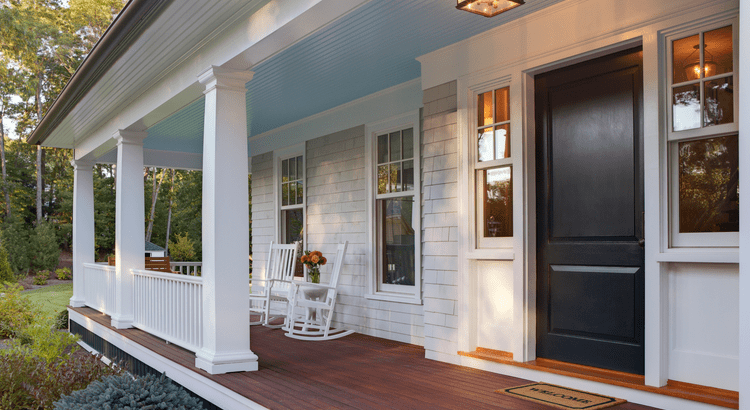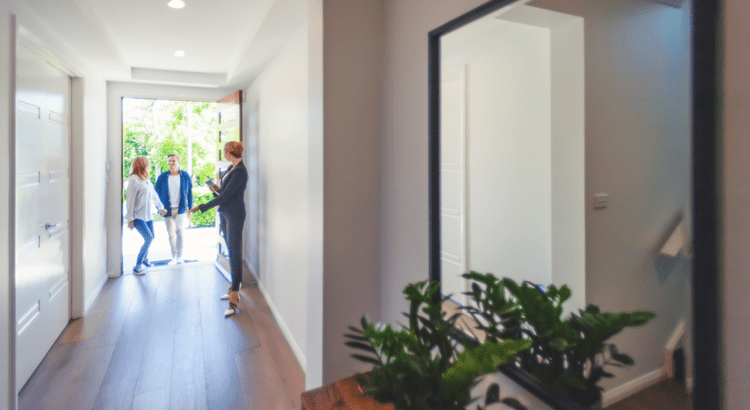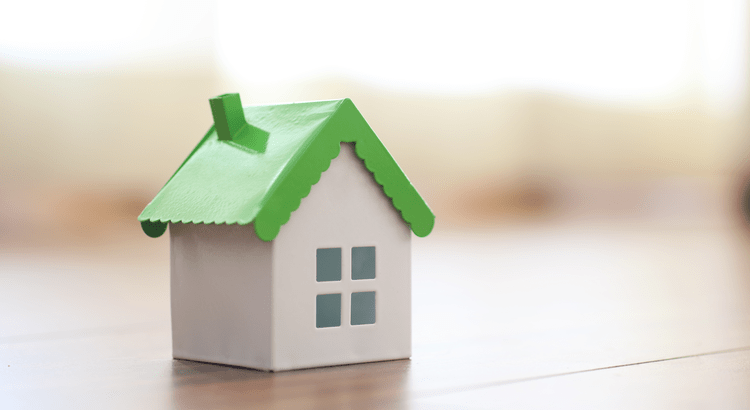
June is a busy month in the housing market because a lot of people buy and sell this time of year.

June is a busy month in the housing market because a lot of people buy and sell this time of year.

With all the headlines and talk about housing affordability, it can be tempting to get lost in the financial side of buying a home.

Buyers face challenges in any market – and today’s is no different.

You’re ready to sell your house. But what do you need most from your real estate agent?

Climate change is impacting where people buy homes.

For over 80 years, Veterans Affairs (VA) home loans have helped millions of veterans buy their own homes.

There’s no denying mortgage rates are having a big impact on today’s housing market.

Are big investors really buying up all the homes today?

If one of the main reasons you’re hesitant to buy a home is because you’re worried about the upkeep, here’s some information you may find interesting on both new home construction and existing homes.

If you’re thinking of making a move this year, there are two housing market factors that are probably on your mind: home prices and mortgage rates.